 As we approach CyberASAP Demo Day for Cohort 8 on Wednesday 26th February at Level 39, Canary Wharf, and the Alumni Conference and House of Lords Reception on Tuesday 25th February, I find myself reflecting on an incredible journey—one that started with an idea and has now grown into Cyber Innovations Ltd., a Bournemouth University pre-spin-out leading the way in cybersecurity education.
As we approach CyberASAP Demo Day for Cohort 8 on Wednesday 26th February at Level 39, Canary Wharf, and the Alumni Conference and House of Lords Reception on Tuesday 25th February, I find myself reflecting on an incredible journey—one that started with an idea and has now grown into Cyber Innovations Ltd., a Bournemouth University pre-spin-out leading the way in cybersecurity education.
Back in Cohort 6, we entered CyberASAP—an Innovate UK programme—with an early concept: CyGamBIT, a game-based cybersecurity learning tool designed to make security awareness engaging and impactful. At the time, I never imagined that this project would evolve into a fully-fledged company, nor that I would find myself as the CEO of a cybersecurity education organisation. Yet, here we are, preparing to showcase Cyber First Aid (CFA), a flagship training programme designed to tackle human cyber risk by combining technical response training with psychological resilience strategies.
From the very beginning, Dr. Jane Henriksen-Bulmer played a key role in shaping CyGamBIT, ensuring that privacy, data protection, and real-world application were embedded in its design. The project demonstrated the power of interactive learning in cybersecurity training, paving the way for our next phase—turning research into scalable, practical solutions for businesses.
This evolution led us to Cyber First Aid (CFA), a programme that builds on years of academic research at Bournemouth University to deliver practical, real-world cybersecurity resilience training. Professor Vasilis Katos has been at the forefront of developing CFA, applying his expertise in cyber threat management and response to create a training programme that goes beyond awareness and builds lasting behavioural change.
“With the proliferation of AI-enabled attacks and the speed and frequency of system compromises, we need to rethink how we approach cybersecurity awareness and education. CFA aims to relieve some of the burden on cybersecurity teams by democratizing cyber incident response”, said Prof. Katos.
CFA also aligns closely with my own research into financial fraud and scamming, reinforcing the urgent need for organisations to prepare not only for cyber incidents but also for the psychological and operational impact of cybercrime.
While we are excited to attend the Alumni Conference and House of Lords Reception on Tuesday 25th February, we are especially looking forward to showcasing Cyber First Aid at Demo Day on Wednesday 26th February. Presenting alongside fellow alumni and the next wave of cybersecurity innovators is an honour, and we are grateful to Innovate UK’s CyberASAP programme for the ongoing mentorship, opportunities, and support that have helped us transform our research into a commercially viable training programme that strengthens cyber resilience across industries.
I am also incredibly excited that Bournemouth University’s own Research Commercialisation Manager, Lesley Hutchins, will be speaking at the Alumni Conference. Lesley has been pivotal in the spin-out process, providing invaluable guidance as we navigate the transition from academic research to commercial success. Her support continues to be instrumental as we take Cyber Innovations Ltd. forward, and it is fantastic to see her contribution to research commercialisation being recognised at this event.
If you had told me when we started this journey that I would be leading a cybersecurity education company, I wouldn’t have believed you. Yet here we are—thanks to CyberASAP, an incredible team, and the opportunity to take our research beyond the university and into the real world.
As we prepare to take Cyber Innovations Ltd. to the next level, I feel incredibly proud of what we have achieved and excited about what’s ahead. Our work in cyber resilience training is only just beginning, and I look forward to sharing this moment with fellow alumni, industry leaders, and potential partners.
Innovate UK’s CyberASAP programme gave us the opportunity to turn research into reality, and now, we are ready to make a real-world impact.
We look forward to seeing you at the Alumni Conference on the 25th and Demo Day on the 26th—come and see what’s next for Cyber Innovations Ltd.
Supporters will see the dream, and detractors will say you’re mad. Maybe they have a point—after all, not every cybersecurity CEO turns up with pink hair and a vision for revolutionising cyber education. But I wouldn’t have it any other way.
If you would like to find out more about our work, email me at emily@cyberinnovations.co.uk or find me on teams at elanng@bournemouth.ac.uk.
Emily Rosenorn-Lanng
Part-time PhD Student, and CEO
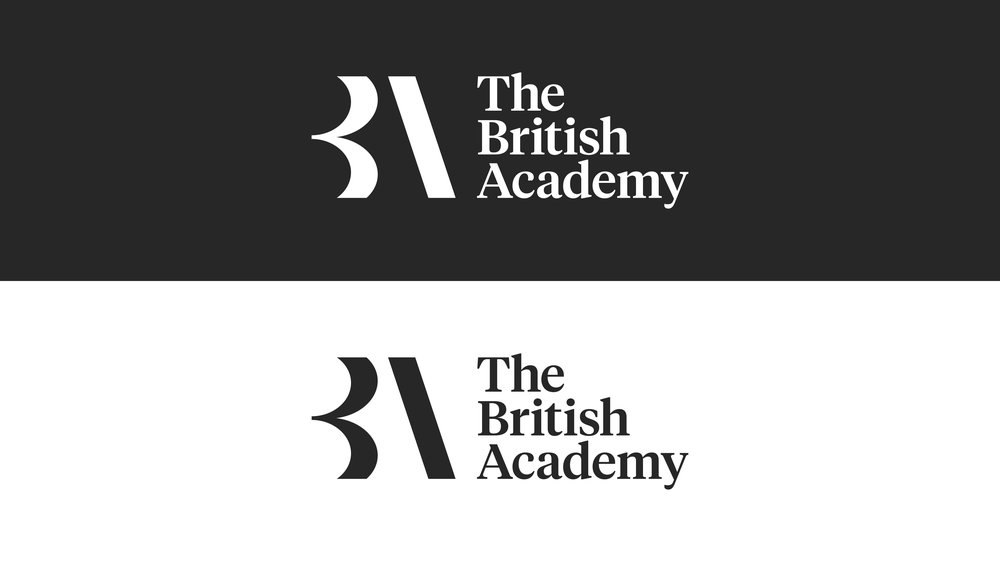

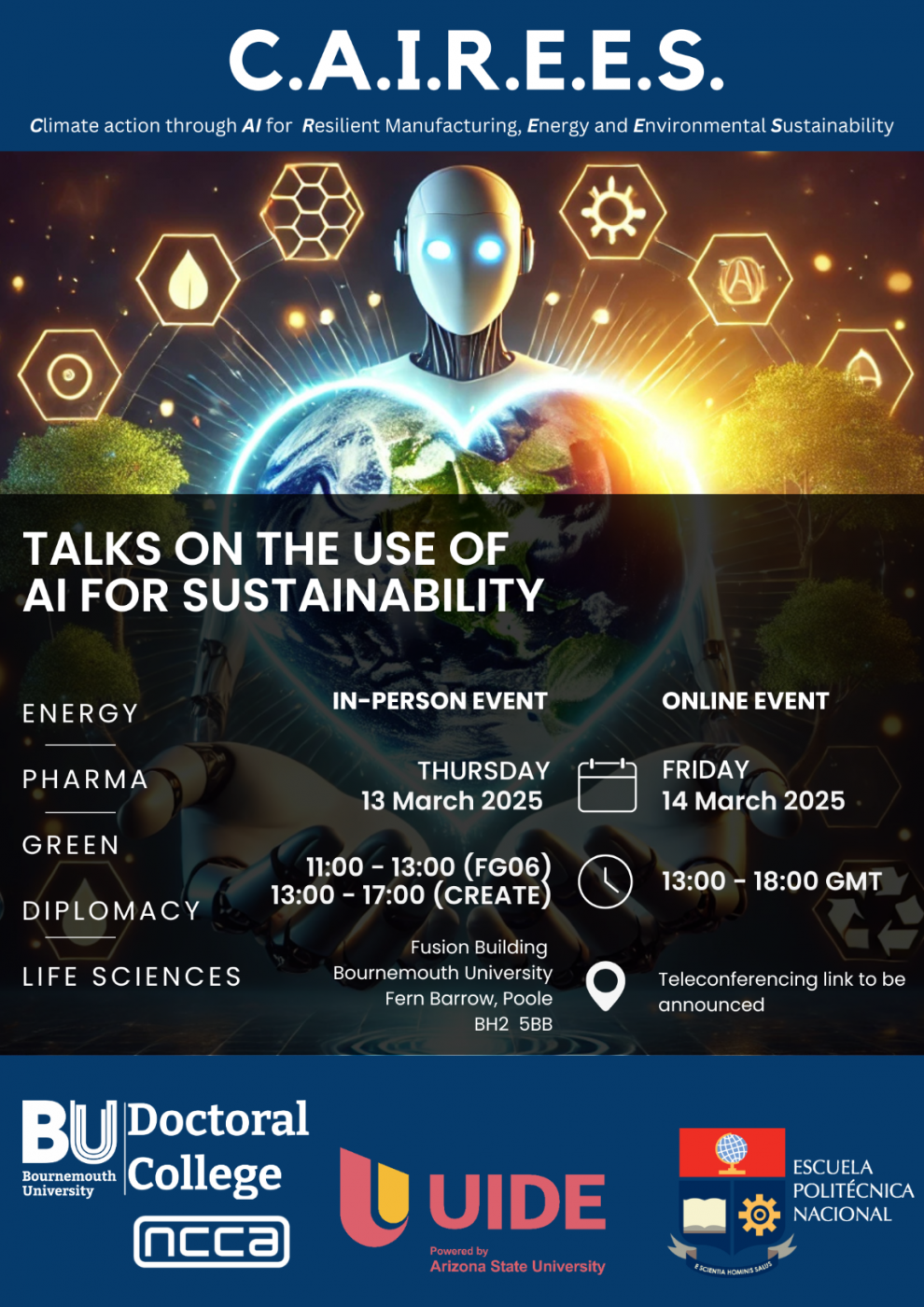
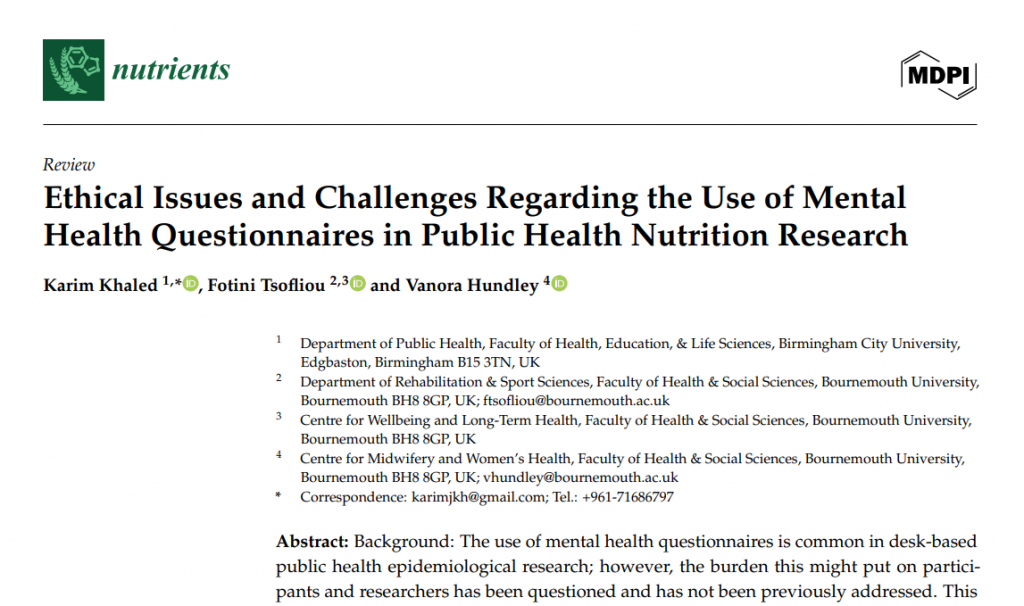
 Preventative measures to reduce these challenges include choosing appropriate cut-off scores for correctly identifying participants; highlighting whether mental health questionnaires used may elicit negative emotional or psychological reactions related to suicide ideation; specifying the criteria for referral to clinical services; detailing the intended referral processes; including approaches where the researcher directly connects participants with a psychological service provider; and including a passive referral method such as contact details for participants to initiate their own referrals to clinical care. The authors offer a guide for researchers aiming to collect data on mental health through questionnaires, and they conclude that ethical challenges should be considered and reviewed at all stages of the research project.
Preventative measures to reduce these challenges include choosing appropriate cut-off scores for correctly identifying participants; highlighting whether mental health questionnaires used may elicit negative emotional or psychological reactions related to suicide ideation; specifying the criteria for referral to clinical services; detailing the intended referral processes; including approaches where the researcher directly connects participants with a psychological service provider; and including a passive referral method such as contact details for participants to initiate their own referrals to clinical care. The authors offer a guide for researchers aiming to collect data on mental health through questionnaires, and they conclude that ethical challenges should be considered and reviewed at all stages of the research project.

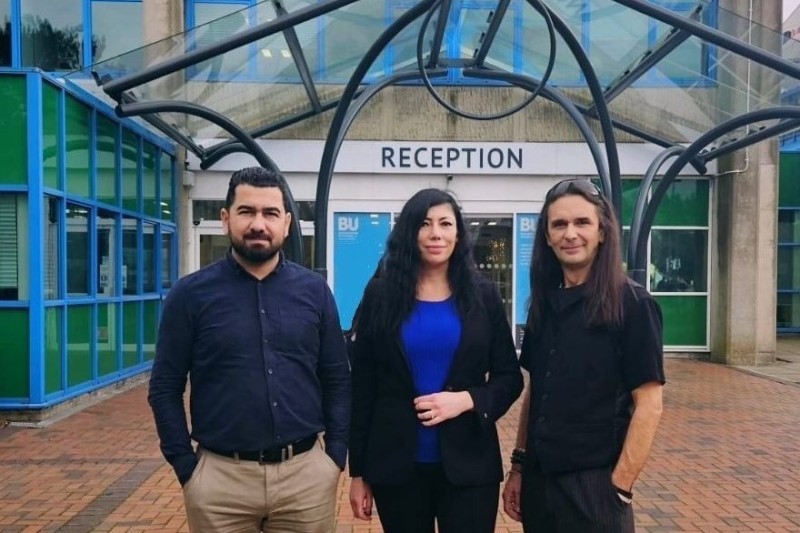









 BU Research Centre CSSRC is celebrating its interdisciplinary and intersectoral research around Sustainable Consumption on Wednesday 26th February 2025, 3.15-5.00pm.
BU Research Centre CSSRC is celebrating its interdisciplinary and intersectoral research around Sustainable Consumption on Wednesday 26th February 2025, 3.15-5.00pm.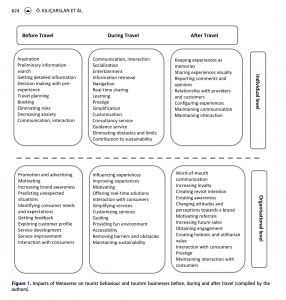
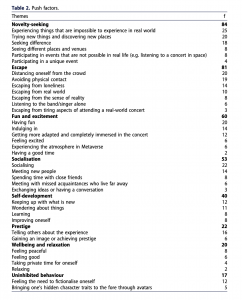
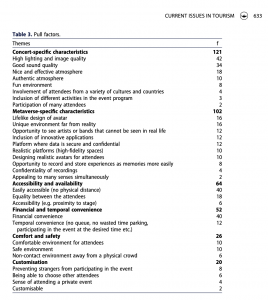
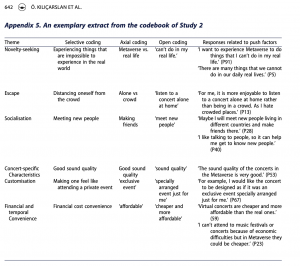
 Being Human
Being Human










 REF Code of Practice consultation is open!
REF Code of Practice consultation is open! BU Leads AI-Driven Work Package in EU Horizon SUSHEAS Project
BU Leads AI-Driven Work Package in EU Horizon SUSHEAS Project Evidence Synthesis Centre open at Kathmandu University
Evidence Synthesis Centre open at Kathmandu University Expand Your Impact: Collaboration and Networking Workshops for Researchers
Expand Your Impact: Collaboration and Networking Workshops for Researchers ECR Funding Open Call: Research Culture & Community Grant – Apply now
ECR Funding Open Call: Research Culture & Community Grant – Apply now ECR Funding Open Call: Research Culture & Community Grant – Application Deadline Friday 12 December
ECR Funding Open Call: Research Culture & Community Grant – Application Deadline Friday 12 December MSCA Postdoctoral Fellowships 2025 Call
MSCA Postdoctoral Fellowships 2025 Call ERC Advanced Grant 2025 Webinar
ERC Advanced Grant 2025 Webinar Update on UKRO services
Update on UKRO services European research project exploring use of ‘virtual twins’ to better manage metabolic associated fatty liver disease
European research project exploring use of ‘virtual twins’ to better manage metabolic associated fatty liver disease